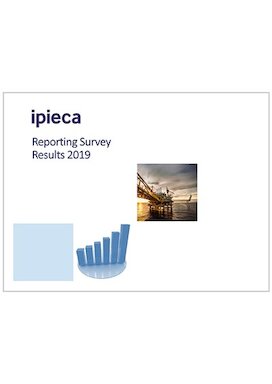The survey is designed to assess the sustainability reporting practices of Ipieca member companies in terms of format and delivery, governance, process, use of frameworks and expectations for the future of sustainability reporting. The results provide an overview of current practices, identify widely used performance indicators and emerging trends, help oil and gas companies learn from their peers, and improve industry communication around sustainability issues.
Summary of key findings:
- 91% of respondents use the Ipieca/API/IOGP Oil and gas industry guidance on voluntary sustainability reporting to guide the development of their report.
- 91% of respondents report to or reference the UN Sustainable Development Goals in their reports. 82% of respondents felt that their company's activities / contributions were most material to SDG7 (Affordable and clean energy) and SDG13 (Climate action).
- 83% of companies are supplementing their report with additional communications on specific topics (e.g. climate change risks and opportunities).
- The top five sustainability issues most material or relevant for reporting for companies are:
- Climate change and energy
- Process safety and asset integrity
- Community and society
- Business ethics and transparency
- Local environmental impact, workforce protection, and product health, safety and environmental risks (joint fifth)
- The top three issues which respondents said their investors indicate are the most important for their sustainability/non-financial reporting are:
- Climate change and greenhouse gas emissions targets
- Health and safety performance
- Lobbying and advocacy
This data continues to be a useful resource for members and provides an annual snapshot of reporting practices in our industry. In addition, these results will inform the next edition of the Ipieca, API and IOGP Oil and gas industry guidance on voluntary sustainability reporting which is currently under development and will be published in early 2020.




